Physical Address
60 Ekwema Cres, Layout 460281, Imo
Physical Address
60 Ekwema Cres, Layout 460281, Imo
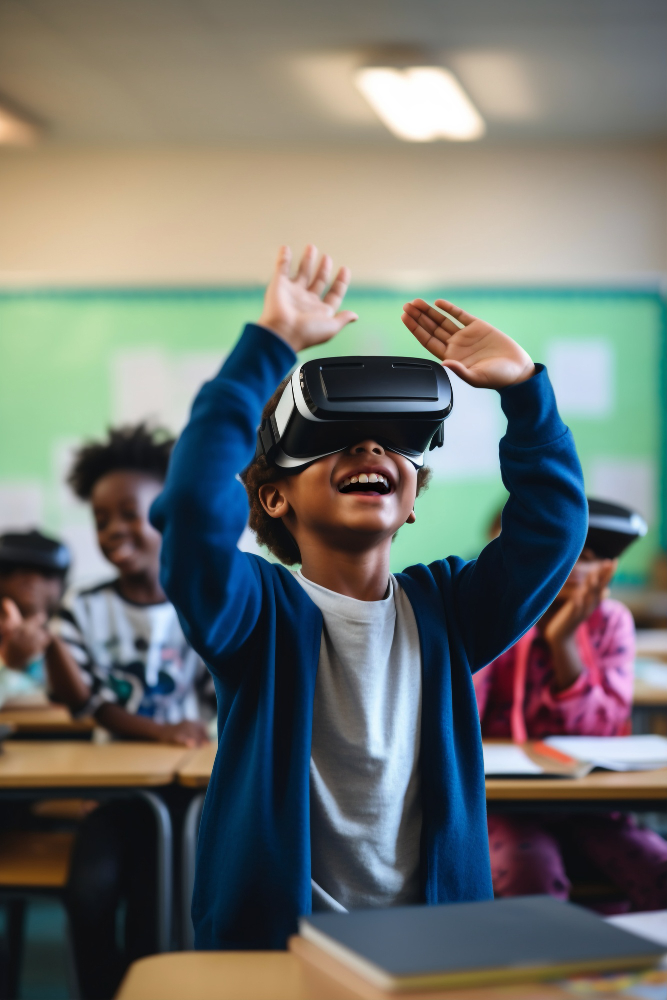
Within the years, Nigeria has continued to see an increase in the number of EdTech companies, majorly inspired by incorporating technology into learning processes for improvement through digital means.
This transition is what is referred to as educational technology or EdTech, which deals with the use of digital tools to advance teaching and learning.
Edtech is upgrading the education sector of Nigeria, which has seen an upward trend for some time due to the introduction of technology.
The country has over 200 million people who require education, yet the resources put at the disposal of schools and universities remain scanty. Technology bridges the gap between the growing number of students and the available resources.
It has the potential to transform education in developing countries through access, quality, equity, and efficiency.
In this writing, we will address the leading educational techology in Nigeria, addressing various challenges in education-from access to quality content through to personalized learning, and details of their locations, founders, and funding news.
Educational technology in Nigeria covers everything, from online learning platforms and digital classrooms to educational apps and interactive teaching aids.
Some of the key drivers for the adoption of these technologies are the problems the system has been facing: overpopulated classrooms, lack of access to quality educational resources, and demands for more flexible learning options.
There are a few initiatives taken by some state governments in Nigeria that make sure EdTech is promoted in their respective states.
These include the construction of computer laboratories by the Kaduna State government in secondary schools for easy teaching and learning of ICT at that level; and Lagos State government distributing one million devices to students and teachers in order to upgrade learning digitally.
Besides, a number of private organizations and startups have designed platforms offering several educational contents that align with the Nigerian curriculum.
Also read: Top 5 Insurance Companies to Watch Out in 2025
Educational technology plays a vital role in the education system of Nigeria by enhancing learning experiences, improving access to education, and preparing students for the digital economy.
It has the potential to significantly improve learning outcomes in Nigeria because it allows for personalized learning, enabling students to learn at their own pace and according to their needs.
Let’s look at the ways EdTech can revolutionize Nigeria’s primary and secondary education system:
Additionally, EdTech has provided teachers with innovative tools for effective lesson delivery, student engagement, and assessment of student progress. Besides, it provides wide opportunities for lifelong learning and continuing education that are crucial in the world of rapid changes.
See also: 16 Best Websites Like Kahoot for Fun, Education, Interactive Learning, and Quizzes
These Educational technology platforms are changing the face of how Nigerians are being educated by bringing in technology and utilizing digital tools to learn, thus making education accessible and efficient in the country. Let’s explore the top Educational Technology Platforms in Nigeria;

Founded by Sim Shagaya in 2019, uLesson is headquartered in Abuja. The company provides interactive video lessons and quizzes in various subjects for primary and secondary school students, based on the Nigerian curriculum.
uLesson raised $7.5 million in Series A funding in 2020, then followed it up with a $15 million Series B funding round later in the same year to expand services across Africa.

Edves is a school management software founded by Dimeji Falana in 2016 and based in Lagos. It provides an end-to-end school management system, automating everything that concerns school administration and the improvement of learning outcomes.
To improve its platform and increase its reach, the company secured $575,000 in seed funding as of 2021.

Honey Ogundeyi founded Edukoya in 2021, connecting African students with digital resources and live educational support to bridge the gap.
Operating from Lagos, Edukoya closed a $3.5 million pre-seed funding round back in 2021-one of the largest pre-seed rounds for an African EdTech platform at that time.
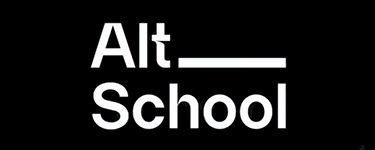
AltSchool Africa is a digital learning platform started in 2021 by Adewale Yusuf, Akintunde Sultan, and Opeyemi Awoyemi to equip people with tech skills.
The company based in Lagos has raised $1 million in pre-seed funding in 2022 as an expansion move to its various activities across Africa.

Founded in 2015 by Godwin Benson, Lagos-based Tuteria connects learners with qualified tutors for both academic and vocational subjects. It provides an offline and online tutoring platform that connects learners with qualified tutors for various subjects and skills.
In 2017, Tuteria won the $25,000 prize from the Royal Academy of Engineering’s Africa Prize for Engineering Innovation and received a $20,000 grant from the GSMA Ecosystem Accelerator Innovation Fund in 2017.

Established in 2013, Obanor Chukwuwezam and Olumide Ogunlana offered one-on-one coaching services to students on the PrepClass platform. It provides students with a direct access platform to professional tutors for one-on-one learning.
You get access to primary, secondary, and IELTS tutors at the PrepClass platform. There also are tutors for numerous professional exams like ICAN, GRE, and so on.
Located in Lagos, the company received $100,000 in seed funding from Venture Garden Group in 2014 to expand operations.

ScholarX is a scholarship application founded by Bola Lawal in 2016 to assist students from Africa in accessing scholarships and funding.
In 2020, some telecommunication companies, in partnership with ScholarX, launched LearnAM, a mobile learning platform that was supplemented with $100,000 funding.
ScholarX is based in Lagos. ScholarX also received $100,000 financing from the GSMA Ecosystem Accelerator Innovation Fund in 2018.
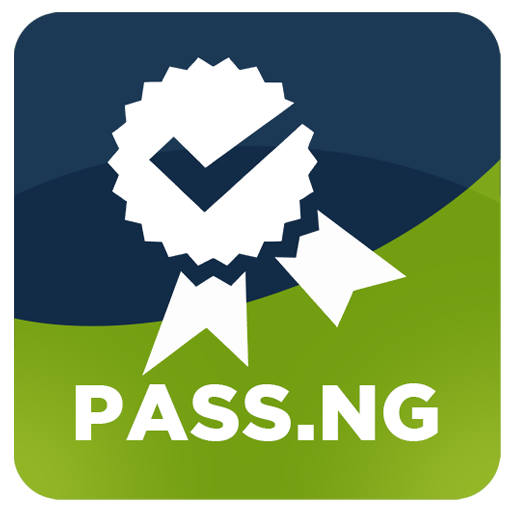
Pass.ng was founded in 2013 by Samson Abioye to provide Nigerian students with an online platform through which they could prepare for JAMB, WAEC, and NECO exams. The self-testing online hub based in Ibadan allows students to prepare and revise for various types of examinations.
In the same year, 2014, this hub was also one of the recipients of $5,000 offered by the Airtel Catapult-a-Startup competition.

LearnAM is an EdTech platform established by Bola Lawal, Danilola Emuze, and Maxwell Ogunfuyi in 2021, which offers vocational training and skill acquisition courses in native Nigerian languages. Lagos-based, the startup aims to make learning all-inclusive.
It is presently on iOS App store and Android Playstore. The platform additionally gives an evaluation for users to measure competency and a certification that may be onboarded to a job market. The market connects users to jobs, customers, and apprenticeships.
It has secured $100,000 in funding from the GSMA Innovation Fund for Mobile Internet Adoption and Digital Inclusion in 2021.

Gradely is a learning platform offering customized resources and assessments to students. Founded by Boye Oshinaga in 2019, the company is headquartered in Lagos and raised $150,000 seed funding from Microtraction and Venture Platform in 2020.
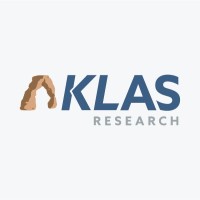
Klas is an e-learning platform where instructors can make live classes and sell online courses. It features tools to create schedules, payments, and students with the idea of streamlining the teaching process. Klas was founded by Nathan Nwachuku and Lekan Adejumo in 2022.
In 2021, Nwachuku and Adejumo raised $180,000 in angel funding. The following year, they launched the Klas platform and joined the Techstars accelerator program. In 2024, Klas raised $1 million in pre-seed funding

Afrilearn is a digital learning platform that offers affordable, quality education to African students. The organization was founded in 2019 by Isaac Oladipupo and Gabriel Olatunji-Legend; it offers curriculum-relevant content for digital learning.
The headquarters of Afrilearn is in Lagos, and have received support from the United Nations Children’s Fund (UNICEF) Venture Fund.
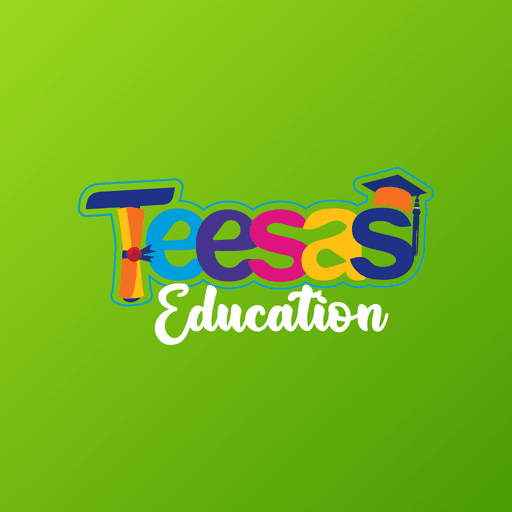
Teesas is an online learning and educational video platform designed for video and interactive lessons for both primary and Nursery school students.
The Teesas educational app is aimed at children in reception and primary school grades and teaches core subjects through engaging tutor-led videos and eBooks in English and local languages such as Bini, Hausa, Ibibio, Igbo, Ijaw, Yoruba, and Tiv with plans to include French soon.
The pre-recorded videos are delivered by highly qualified tutors and uploaded unto the app across different grades with adaptation to make them fun using animation and gamification to enhance engagement and understanding.
Teesas was founded in 2021 by Osayi Izedonmwen and the company’s headquarters are located in Ikate-Lekki, Lagos. With a pre-seed round investment of $1.6m, Teesas spreads quality education using relevant content.

Founded by Abdulazeez Ogunjobi, Oyindamola Adesina and Sodeeq Elusoji in 2018 , SimbiBot is an AI-based learning platform that supports the learner’s mastery and understanding of diverse subject areas with highly individualized learning experiences.
This online platform also contains engaging lessons and tests that complement learning. More details regarding the year, country, or headquarters founded and raised could not be established.

Utiva is an EdTech company that gives technology training and talent development to individuals and organizations. The platform equips the learners with a high-demanding tech skill for employability.
The platform organizes numerous fellowships to assist users grasp positive tech talents like Digital Marketing, Data Science, Data Analysis, Product Manager, UI/UX Designer, and so on.
Utiva was founded by Eyitayo Ogunmola in 2018. The educational tech company secured $500,000 in funding from the Netherlands Ministry of Foreign Affairs through the Challenge Fund for Youth Employment (CFYE), to scale up and develop FLiT into a Pan-African digital apprenticeship programme for young Africans.
Check out the 20 Richest Tech Guys in Nigeria | 2025 Update
Smartboards, tablets, and online resources are becoming common in classrooms
ICT stands for Information Communications Technology and it is designed to cover a broad range of tools that are used for informational and communication purposes. Technology is a tool that can also be used for educational purposes and we use the label Educational Technology
Poor funding and allocation
The introduction of technology into Nigeria’s educational system has transformed the sector beyond imagination. It has made learning more accessible, interesting, and individualized for students.
With educational technologies continuing to evolve, stakeholders in the education sector are called upon to embrace the change and invest in various EdTech solutions that will further improve learning outcomes and eventually prepare Nigerian students for life’s challenges.